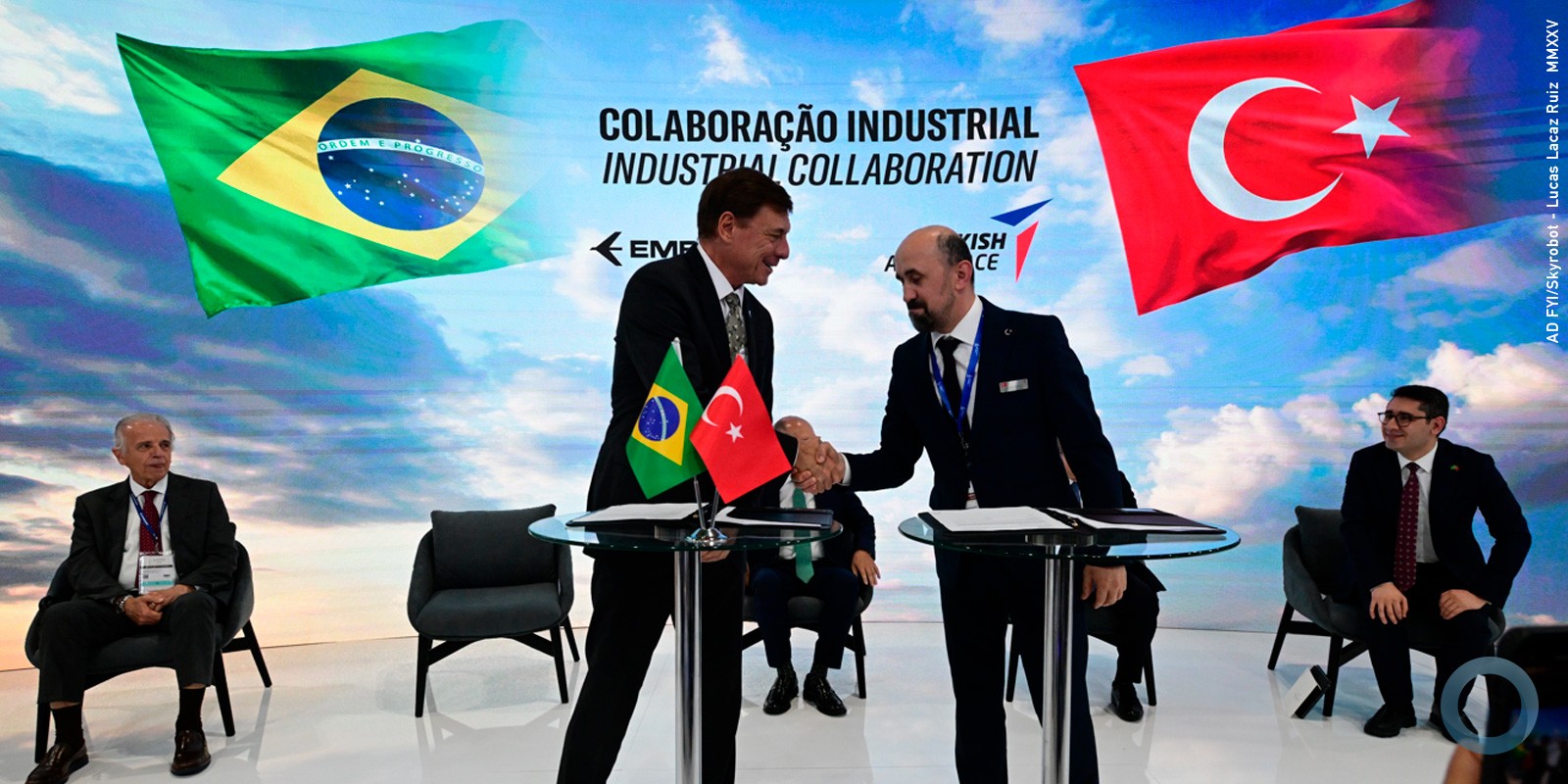by Fernando Henrique Cardoso
published 06 th June 2018
The Washington Post
SAO PAULO — Brazilians are confronted with a fateful choice in the upcoming general elections, including for the presidency, in October.
Either there must be a convergence of democratic leaders capable of bridging the gap between society and politics, rebuilding trust from the bottom up, or Brazil will join other disintegrating democracies, such as Venezuela, which have embraced false prophets and demagogues who persuade the population that the only solution to the crisis lies in the direct relationship of a strongman with the masses.
Should the latter be the outcome, representative democracy, freedom and the public interests will all be at risk.
Brazil’s structural challenges
Brazil faces a series of structural and short-term problems. The difficulty of a middle-income country in sustaining its level of prosperity is compounded by the fact that the country is industrialized but not yet fully integrated into the global networks of production and commercialization. A great part of Brazil’s economic dynamism in recent decades came from the deepening and expansion of the internal market. But it still lacks a strong capacity to export manufactured goods.
Despite steady growth from the end of World War II to the 1980s, and some sparse favorable periods later on, Brazil’s GDP growth rate in 2017 was only 1 percent, which pales in comparison with the global rate. The average productivity of the Brazilian economy remains inferior to that of developed economies and even that of some still developing ones. GDP per capita in Brazil was 13 percent of that of the United States in 1990; today it is 15 percent. By contrast, South Korea stood at 27 percent of U.S. levels in 1990, but it is now 48 percent.
In Brazil and elsewhere, the radical transformations in the means of communication (Internet and social media) and in the modes of production (automation and artificial intelligence) have profoundly changed society and the way people connect with each other and acquire information. One of the consequences of these tectonic shifts has been the generalized feeling that political institutions — the parties, Congress and the whole architecture of representative democracy — are no longer capable of responding to the demands of a connected and informed citizenry.
Misguided policies and a moral crisis
To these structural factors one must add two major hazards. First, the misguided economic policies implemented in the last years of former president Luiz Inácio “Lula” da Silva’s government and throughout the mandates of his successor, Dilma Vana Rousseff, have nearly bankrupted the state with fiscally reckless spending.
Second, Brazil’s political and economic systems are facing an appalling moral crisis. Investigations by the judiciary have brought to light a systemic web of corrupt collusion among the government, the political parties and private and public companies. Privilege and patronage replaced competition as the driver of both economic and political life.
Prosecutors and magistrates in the so-called Operation Car Wash scandal have revealed that the money used to illegally finance political parties came from overpriced contracts with public corporations, whose directors were nominated by the government to execute exactly this kind of deal. Far from a simple matter of covert campaign funds, what came to light was a system organized to divert public funds for the benefit of companies and parties, and more often than not, also for the pockets of individual politicians.
Moral crisis combined with relative economic stagnation — unemployment stands at 13 percent today — is a deadly mix for any society.
Confronted with the indignation of the public, and also with the crossfire of accusations among conflicting political groups, it became impossible to acknowledge that not all corruption cases are alike, that a given political leader did not misuse campaign funds for personal benefit, that another may have committed a crime but his party had not and so forth. To the eyes of an incensed public, all politicians looked like a bunch of crooks guilty of thievery. Both the political class and the government have lost credibility and legitimacy.
No revolution has occurred in Brazil. Yet we are witnessing the revolutionary conditions in which avengers are gearing up to cut off the heads of the high and the mighty and are cheered by the populace. If history is any guide, the endgame tends to be the arrival of a providential leader, the charismatic savior or strongman who comes to put an end to anarchy in the land.
These are the risks hovering over the forthcoming elections. With Lula ineligible due to being jailed on corruption charges, the different segments of the left, bereft of their natural leader, feel electorally insecure. The right is calling for the restoration of order at any cost, including the curtailment of democratic freedoms. A far-right former military officer, Jair Bolsonaro, accused of racially charged language against Brazil’s Afro-Brazilian and indigenous communities, is currently leading in the polls.
A fragmented body politic that distrusts institutions
The remaining political sensibilities are fragmented, unable to coalesce around the disconnected parts of the political center, really only an amalgam of some with an archaic vision and others more liberal or vaguely social-democratic who value the institutions of democracy and know that inequality is the main threat.
The wide array of political groups is organized in no less than 26 political parties with representation in Congress, the majority of which hardly deserve to be called “parties.” They are rather conglomerates of individuals whose only objective is to loot the booty of the state. Understandably skeptical, the body politic at this stage does not know whether it is worthwhile to vote at all.
In this, Brazil is no exception. Our society, like others, has been splintered by the very advances of modernity: improved social mobility, the advent of the information age and the rise of race and gender identity politics. All have broken the cohesiveness of the old class divisions and of the parties and ideologies that represented them in an earlier era.
A dim prospect
Is there no way out? I am convinced that in situations like this, a common vision of the future is the only message that can unite society.
Social demands are linked to people’s basic needs: the search for jobs, the fight against inequality, and the complaints about the inability of the state to efficiently provide security, housing, transportation, health and, above all, education. In times of crisis, political leaders must translate a common set of values — the spirit of freedom, equality of opportunity and the respect for human dignity — into concrete ideas and proposals that touch people’s hearts and minds.
They must address themselves to persons who are no longer part of an amorphous mass. Each voter has access to information, is aware of his or her rights and wants the government to take care of his or her needs. This “re-enchantment” of public life has to go hand in hand with the effort to control public finances and promote productive investment, without which there is no employment creation.
Everyone who values democracy and freedom knows what has to be done. Yet, as elsewhere, the old mainstream is out of step with the new realities, and new political alliances have not yet found a cogent voice in common with the whole of the people.
The risk of regression coexists with the perspective of renewal. Brazilian society, driven by social and economic transformations and by new values, is on the move. This process of change is not as visible as the current political polarizations. In many fields, the pace of change in society is faster than in institutions. There is, thus, reason for hope – if we find the political will to transform our institutions in sync with public aspirations.




















